Saving bears . . . one garbage bin at a time
Golden, B.C., is on track to become a bear-smart community
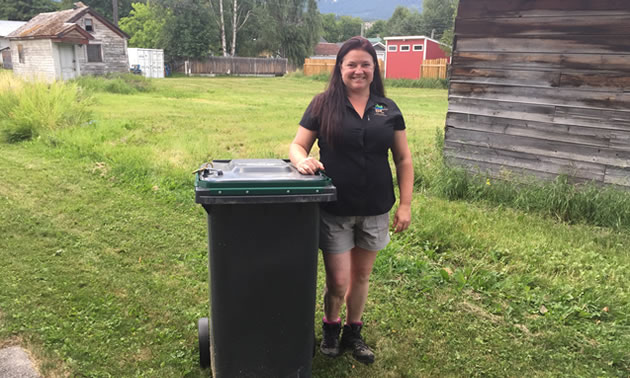
“Garbage is everyone’s issue,” says Sarah Osadetz, WildSafeBC community co-ordinator for Golden. — Photo courtesy WildSafeBC
Here’s a test: spend an hour in an enclosed space with a bear and see what happens to you. This is a test that garbage bins go through at the British Columbia Wildlife Park in Kamloops.
Benefiting from research like this, the Town of Golden is working toward its bear-smart certification. In April, 400 bear-resistant bins were delivered free to households in areas most prone to bear incidents.
According to Sarah Osadetz, WildSafeBC community co-ordinator for Golden, 400 more bins will be delivered in the spring of 2018 and the rest of the town will receive the bins by 2020. WildSafeBC is a program designed to reduce human-wildlife conflict by keeping wildlife wild and communities safe.
Townspeople are on board for helping reduce bear incidents. “We now have people asking for the bins,” Osadetz said. She also said there has been good compliance with bylaws and recommendations on proper storage of bins (preferably in sheds or garages) and on limiting the time the bins are curb-side for pick up (only put out between 6 and 8 a.m.).
Jordan Peterson and Parker Vaile, co-owners of VP Waste Solutions Ltd., are valuable partners in the project. They helped draft Bylaw 1372 (Waste Management and Collection Services) to protect wildlife and helped source the garbage containers, which are bear-resistant Schaefer carts retrofitted with locks.
Peterson said that the benefits of the town-owned container program are not just for the protection of wildlife but also for the esthetics of uniform garbage bins lining the street. And he believes the consistent size of the bins encourages residents to recycle more to decrease their waste streams.
A happy conservation officer
Dan Bartol, a conservation officer for Golden/Revelstoke, said that the bears we’re talking about are almost exclusively black bears.
Preliminary data show that the bear-resistant bins are already making a difference. This year he’s heard of only two incidents in Golden; bears tipped over the bins but were not able to break in for the potential food—a.k.a. garbage—reward inside. “It’s simple: securing attractants saves bears,” he said. “A food-conditioned bear is a dead bear.”
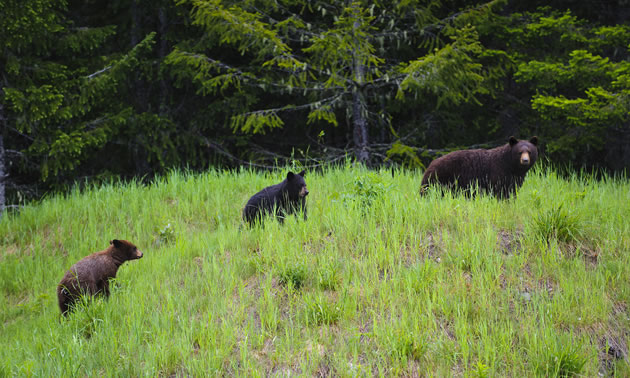
We all can help to keep black bears wild and in their native habitats by being responsible with our garbage. — wizardsofwonders/Canstock photo
Fifteen bears were destroyed in Golden in 2016. This year none have been destroyed so far. “I never knew a garbage bin could make me so happy,” Bartol said.

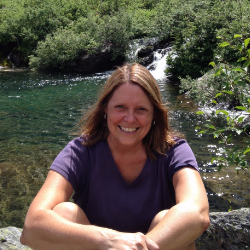
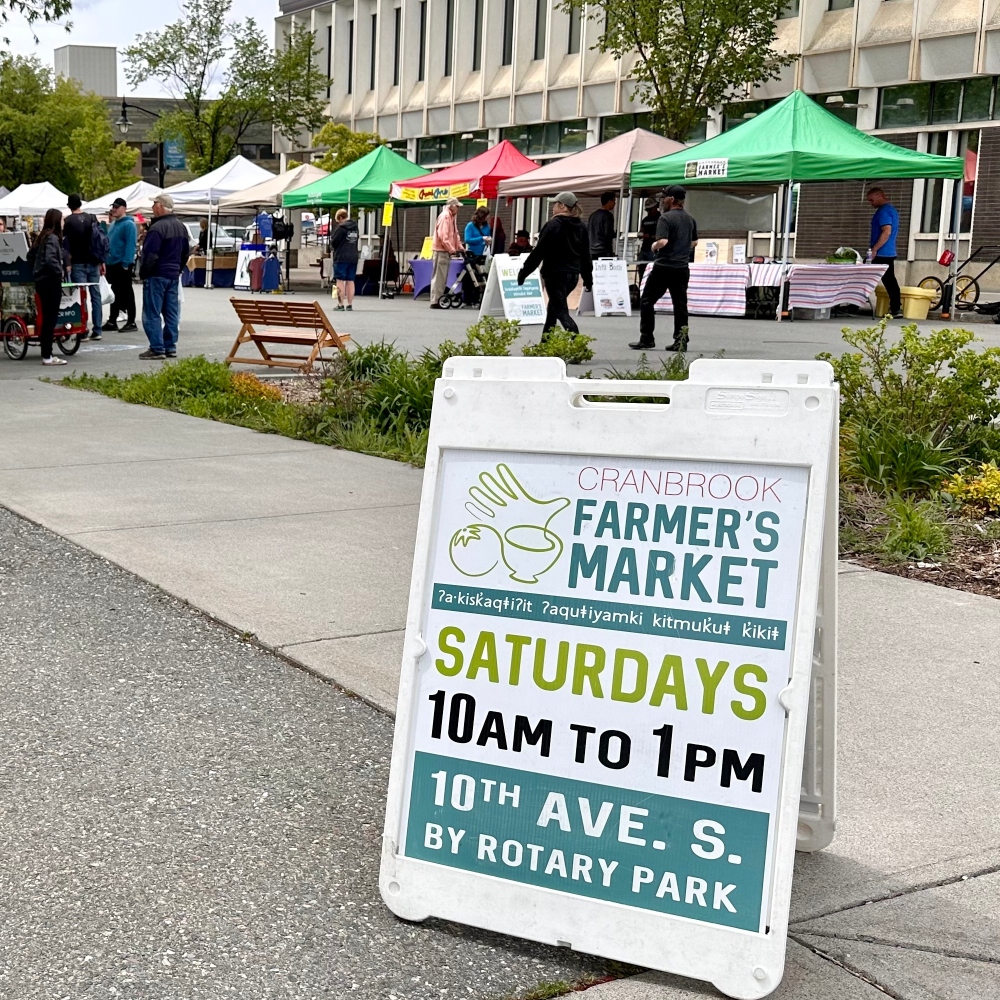
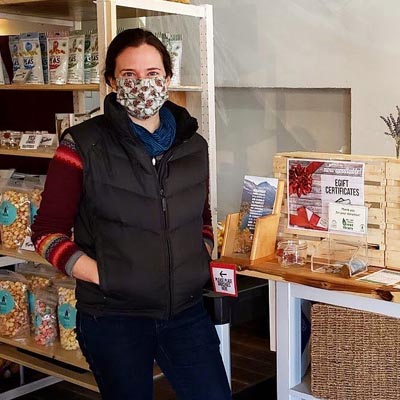
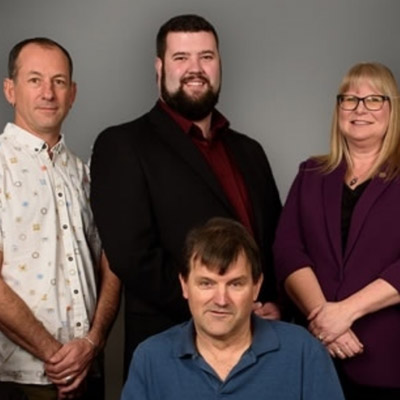

Comments